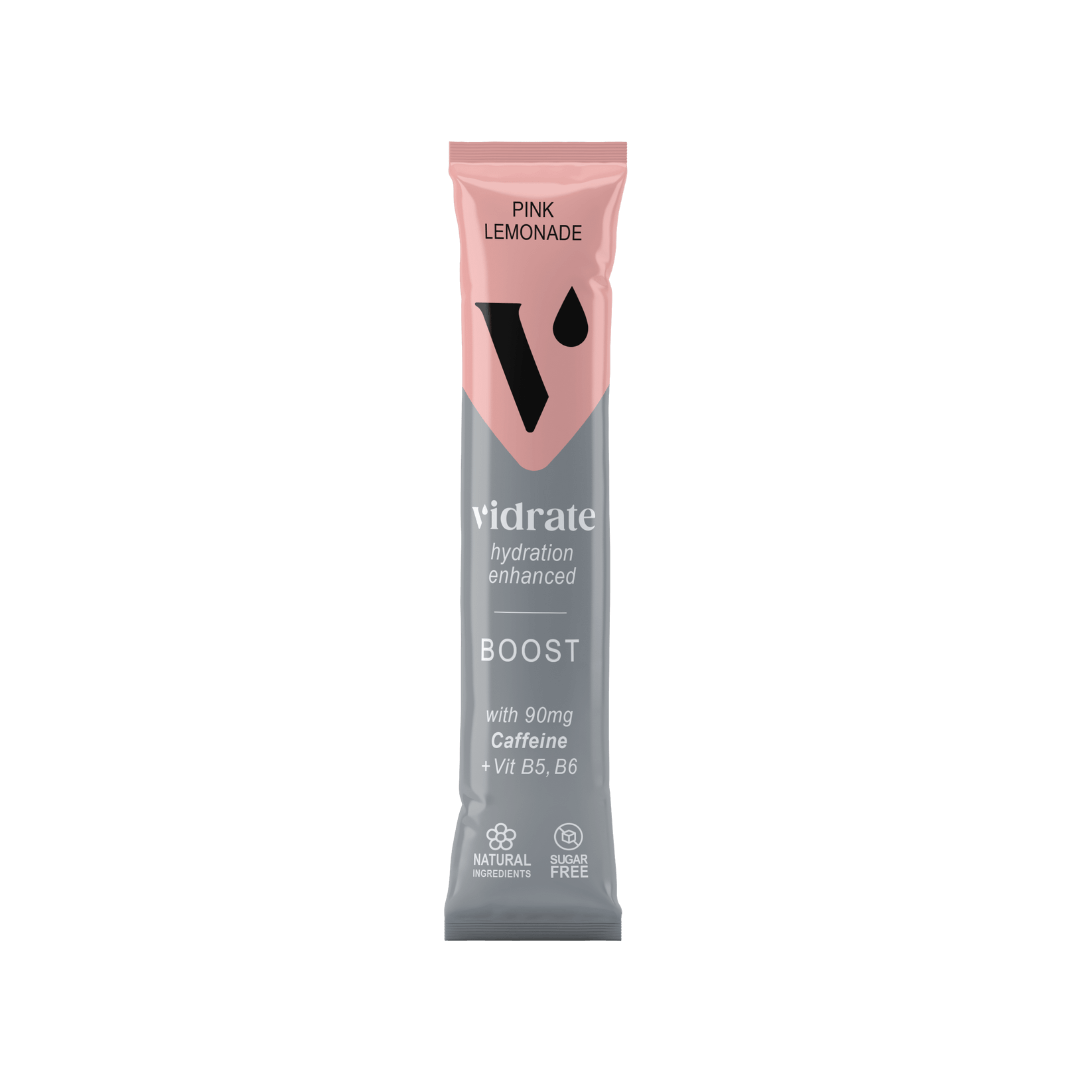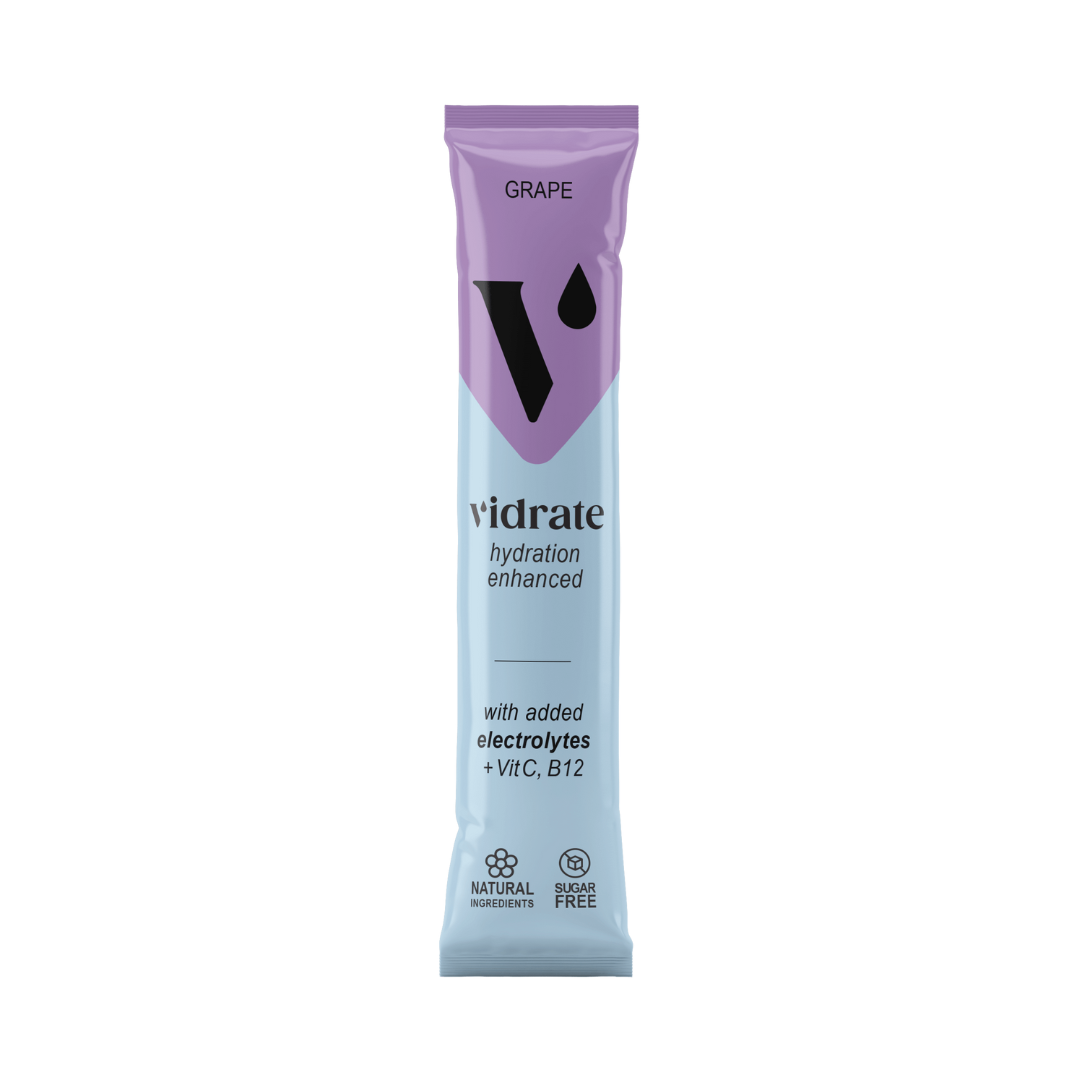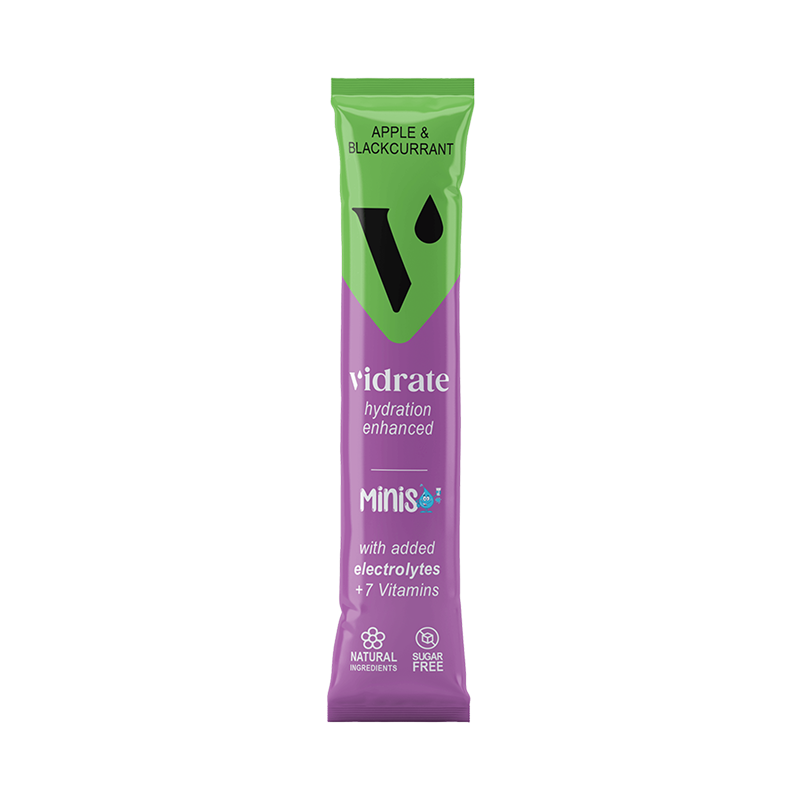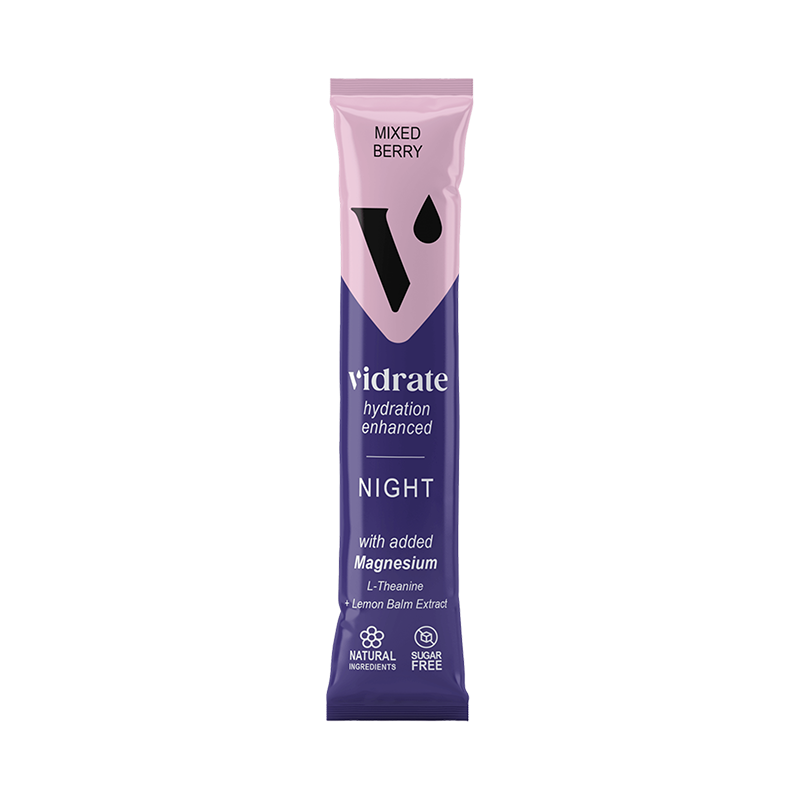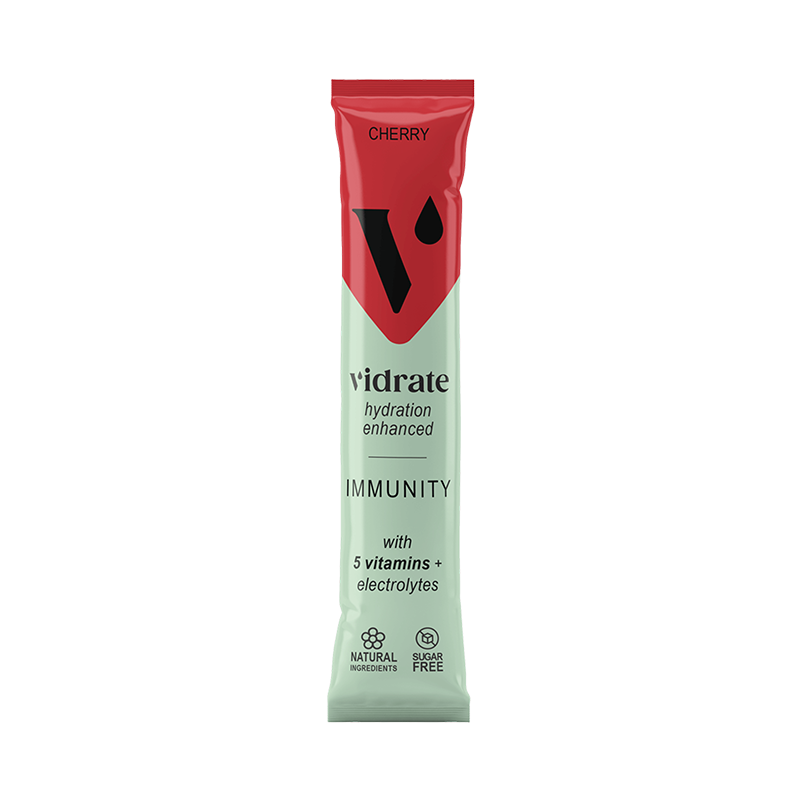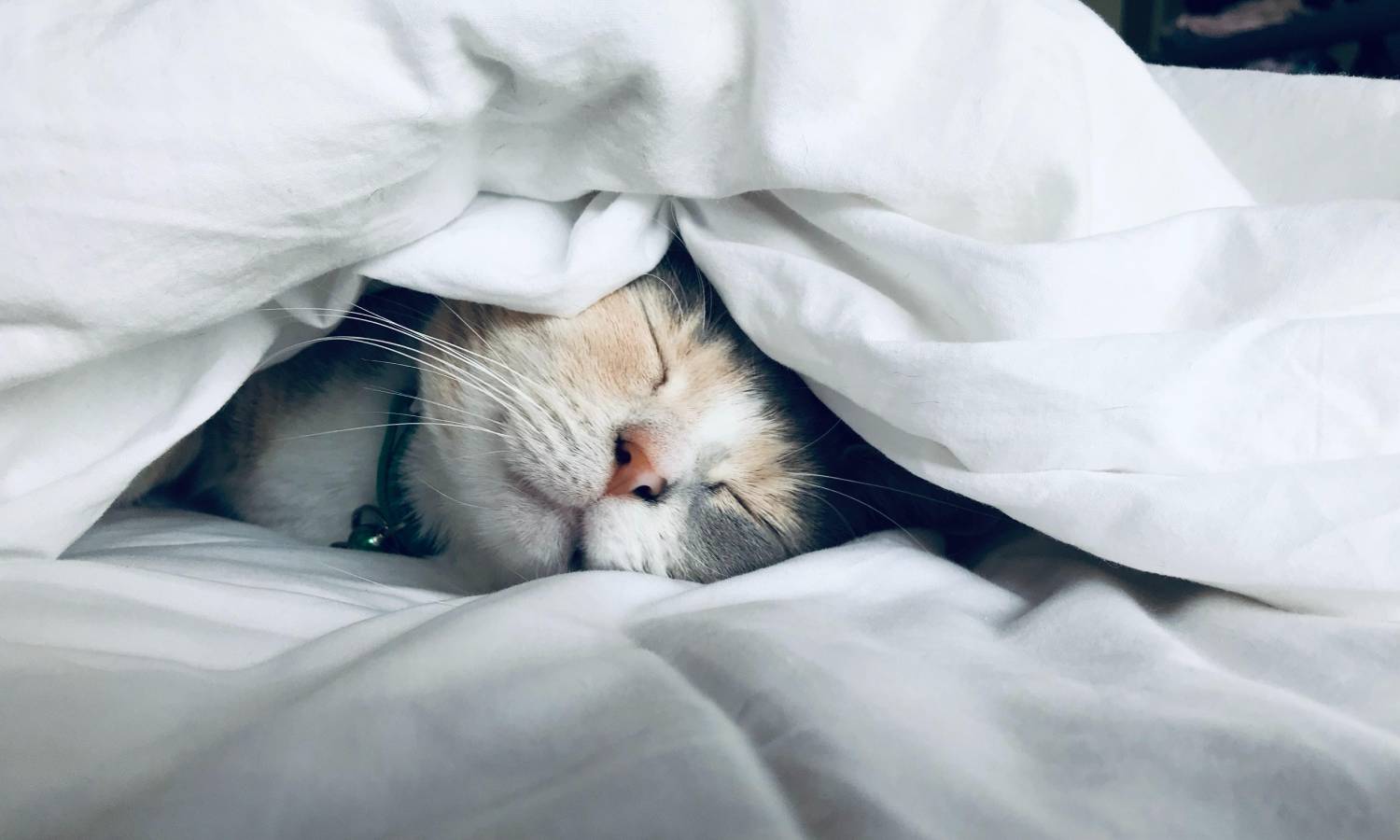

By Nick Hird
Tips for Better Sleep
Most human beings have suffered from a bad night of poor sleep at one point in their life and it's completely normal if you have experienced it as well. There are a lot of things that influence our sleeping patterns and sleep quality like time of the day, hormones, level of tiredness; anxiety/stress, and imbalance in any of these aspects can cause you a disrupted night of sleep. It can be temporary where you have a few nights and then go back to your normal sleep cycle when your routine goes back to normal or it can become chronic where you start to have constant sleeping issues. In any case, you need to try to better the quality and quantity of your sleep at night through a few simple tips and relaxation techniques we shall discuss here today.
- Consistency
Being consistent with your sleep cycle is at the top of the list when it comes to managing your sleep cycle and internal clock. Try to form a routine of sleep patterns where your body knows that it has to switch over to sleep at a particular time of the night. When you form some sort of routine, you will notice that your body will become the indicator of your sleep time and you will start to feel drowsy and then go to sleep as soon as your head hits the pillow. This is because of the 24-hour master clock also known as the circadian rhythm which is present in our brain and needs regularity for it to work properly as all our body processes rely on it for quality sleep. Just like you use an alarm to wake up, you can also use an alarm to tell yourself to go to sleep in the hope of regulating your sleep-wake cycle.
- Exercise
Regular exercise brings a sense of harmony to your body and there have been so many studies done all over the world proving exercise's influence on a good night's sleep and overall physical health. Doing at least 20 to 30 minutes of exercise at least 4 hours before your bedtime helps you increase the quantity and quality of sleep by regulating your endocrine system and getting your body in a more habitual state to achieve better rest at night and do more productive work during the day. But it is essential that you do it either in the morning or early evening, a few hours before bedtime, because later than that and you will have trouble falling asleep. This is because your body will become too alert hence keep the exercise window either after waking up in the morning or the afternoon for optimal coordination of the sleep-wake cycle.

- Bedroom Essentials
The temperature of your room should be around 20 degrees Celsius and it should be quiet and calm enough to let you fall asleep. A slightly cooler bedroom temperature is required for sleep to occur as your body temperature drops about one degree as you sleep for optimal body functions. Similarly, if there is a lot of disturbing noise around or in your room/sleep environment, you obviously won't be able to relax, leading to disturbed sleep.
- Things to be Avoided Before Bed
- Caffeine is of course on top of the list and it is advised to not consume caffeinated drinks after 2 pm if you plan on going to sleep early at night. Caffeine is a stimulant and even though its effect only feels to last for two hours, it stays in our system and affects its working for longer than that which could disturb our sleep.
- Blue light devices like our electronic devices such as phones and tablets should be avoided before sleep as they suppress the hormone melatonin, with bright light, which brings on the sleep cues regulates your sleep during the night. Using an eye mask can be a great way to reduce bright lights and adjust our eyes before sleep. Getting some natural light in the morning through a morning walk or jog is best for your circadian rhythms and helps you wake up properly.

- Using Sleep Aids
Many diet supplements are available in the market through a proper prescription from a health care specialist, which may aid your sleep. Some of the ones most talked about are explained under:
- Melatonin is the most talked-about sleep hormone and it is naturally produced when there is low light reaching our brain through our retinas, usually at night time. In people older than 40, the production of melatonin is decreased hence supplementation is done especially in this age group to ensure deep sleep.
- Magnesium is another important supplement and magnesium deficiency can cause a disrupted sleep cycle. Magnesium relieves stress and promotes overall relaxation which is crucial for a good night's sleep. Age-related magnesium deficiency is most commonly seen and this may cause disrupted brain wave activity. Proper supplementation can help reverse this damage and it is usually done right before bed.
- Next comes 5 HTP which stands for 5 hydroxy tryptophan which is converted in the brain into serotonin. Serotonin is a crucial sleep initiator. 5 HTP is one step closer to the conversion of tryptophan to serotonin than normally available L Tryptophan and it has shown more consistent results in maintaining sleep. It increases REM sleep which occurs 90 minutes after you fall asleep and has similar brain activity as when you're awake as well as promoting deep sleep. Supplementation of 5 HTP is recommended over L tryptophan.
- L Theanine is another supplement that is essentially an amino acid found in green tea. It is used especially for kids and small dosages are available in chewable tablets or powder capsules. This supplement reduces stress and improves the quality of sleep. A higher dose may be required for adults.
Now many combinations of these supplements are available in appropriate dosages in sleep drinks such as ViDrate Night Time Sleeping Sachets which contain L-Theanine, Magnesium, and 5 HTP along with electrolytes to help promote sleep in people with such issues. You can mix it with hot water and consume it before going to bed to reduce the chances of a restless night and increase the chance of a better sleep.
I would conclude by saying that there are a lot of serious sleeping issues and it's very normal to have one as even minor stress to the body can cause this. Using proper methods and healthy sleep habits as mentioned above will help solve this issue but in any serious matter of sleep disorders, you should consult your doctor before taking any steps.
Frequently Asked Questions
What are the stages of sleep?
There are four stages of sleep - stage 1, stage 2, stage 3 (deep sleep), and REM (Rapid Eye Movement) sleep. Each stage plays different roles in promoting physical and mental well-being.
How can a bedtime routine improve sleep quality?
A bedtime routine signals the brain and body that it is time to wind down and prepare for sleep. Engaging in relaxing activities, such as reading a book or taking a warm bath, helps to promote relaxation and reduce stress, contributing to better sleep quality.
What are the health benefits of getting a better night's sleep?
Quality sleep has numerous health benefits, including improved memory and concentration, increased immune function, reduced risk of chronic diseases like diabetes and heart disease, and improved mood and mental well-being.
Does the production of melatonin affect sleep?
Yes, melatonin is a hormone that regulates sleep-wake cycles. Production of melatonin increases in the evening, signaling the body that it is time to sleep. Taking melatonin supplements or exposing yourself to bright screens before bed can hinder melatonin production, potentially disrupting sleep.
How can I create an ideal sleep environment?
Creating an ideal sleep environment involves keeping the bedroom cool, dark, and quiet. Investing in a comfortable mattress and pillows, and ensuring proper ventilation can contribute to a more restful sleep experience. Additionally, removing electronic devices and keeping a consistent sleep schedule can further enhance sleep quality.
